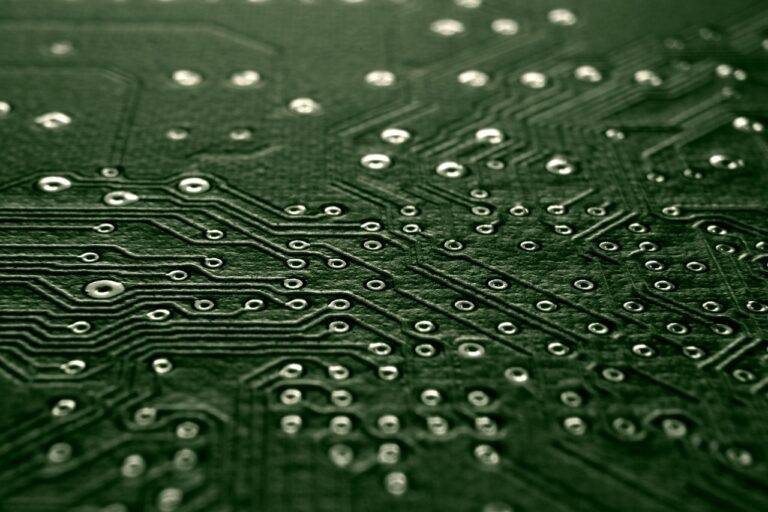Smart Homes: The Future of Residential Living
Smart homes are revolutionizing the way we live, offering convenience, comfort, and efficiency like never before. In this article, we’ll explore the future of residential living and how smart home technology is shaping the way we interact with our homes.
Imagine being able to control your thermostat, lights, and security system with just the touch of a button or the sound of your voice. With smart home technology, this is now a reality. From smart thermostats that learn your preferences to smart doorbells that let you see who’s at your door from anywhere in the world, the possibilities are endless.
Convenience and Comfort
One of the biggest advantages of smart home technology is the convenience it offers. With connected devices and automated systems, you can control almost every aspect of your home from your smartphone or tablet. Whether you’re adjusting the temperature, turning on the lights, or locking the doors, you can do it all with ease, no matter where you are.
Energy Efficiency
Smart home technology can also help you save energy and reduce your carbon footprint. Smart thermostats, for example, can learn your heating and cooling preferences and adjust the temperature accordingly, helping you save money on your energy bills. Similarly, smart lighting systems can automatically turn off lights when they’re not in use, further reducing energy waste.
Security and Peace of Mind
Another benefit of smart home technology is enhanced security. With smart security cameras, motion sensors, and doorbell cameras, you can keep an eye on your home from anywhere in the world. Many smart home systems also offer features like remote monitoring and alerts, so you’ll know immediately if something is amiss.
Health and Wellness
Smart home technology can also promote health and wellness. From smart appliances that help you cook healthier meals to smart beds that track your sleep patterns and adjust to your preferences, these devices can help you live a healthier, more balanced lifestyle.
Accessibility and Aging in Place
For older adults and people with disabilities, smart home technology can make it easier to live independently and safely. From voice-activated assistants that can help with everyday tasks to smart home monitoring systems that can detect falls and other emergencies, these devices can provide peace of mind for both users and their loved ones.
Integration and Interoperability
As smart home technology continues to evolve, we’re seeing greater integration and interoperability between different devices and systems. This means that you can mix and match devices from different manufacturers and still have them work seamlessly together. Whether you’re using a smart speaker from one company, smart lights from another, and a smart thermostat from yet another, you can control them all from a single app or voice command.
Privacy and Security Concerns
While smart home technology offers many benefits, it also raises concerns about privacy and security. With so many connected devices in our homes, there’s the potential for sensitive information to be compromised. It’s important for homeowners to take steps to secure their smart home devices, such as using strong passwords, keeping software up to date, and being cautious about what data they share with third parties.
Conclusion
Smart home technology is transforming residential living, offering convenience, comfort, and efficiency like never before. From controlling your thermostat with your smartphone to monitoring your home security cameras from anywhere in the world, the possibilities are endless. As smart home technology continues to evolve, we can expect even greater integration, interoperability, and innovation, making our homes smarter, safer, and more connected than ever before.
FAQs
Q: Are smart home devices easy to install?
A: Many smart home devices are designed to be easy to install and set up, often requiring just a few simple steps. However, some devices may require professional installation, especially if they involve wiring or integration with existing systems.
Q: Can smart home devices be hacked?
A: Like any connected device, smart home devices are vulnerable to hacking if they’re not properly secured. It’s important for homeowners to take steps to secure their smart home devices, such as using strong passwords, keeping software up to date, and being cautious about what data they share with third parties.
Q: How much does it cost to make a home smart?
A: The cost of making a home smart can vary depending on the types of devices you choose and the size of your home. Some smart home devices, such as smart light bulbs and smart plugs, are relatively inexpensive, while others, such as smart thermostats and security cameras, can be more expensive.





